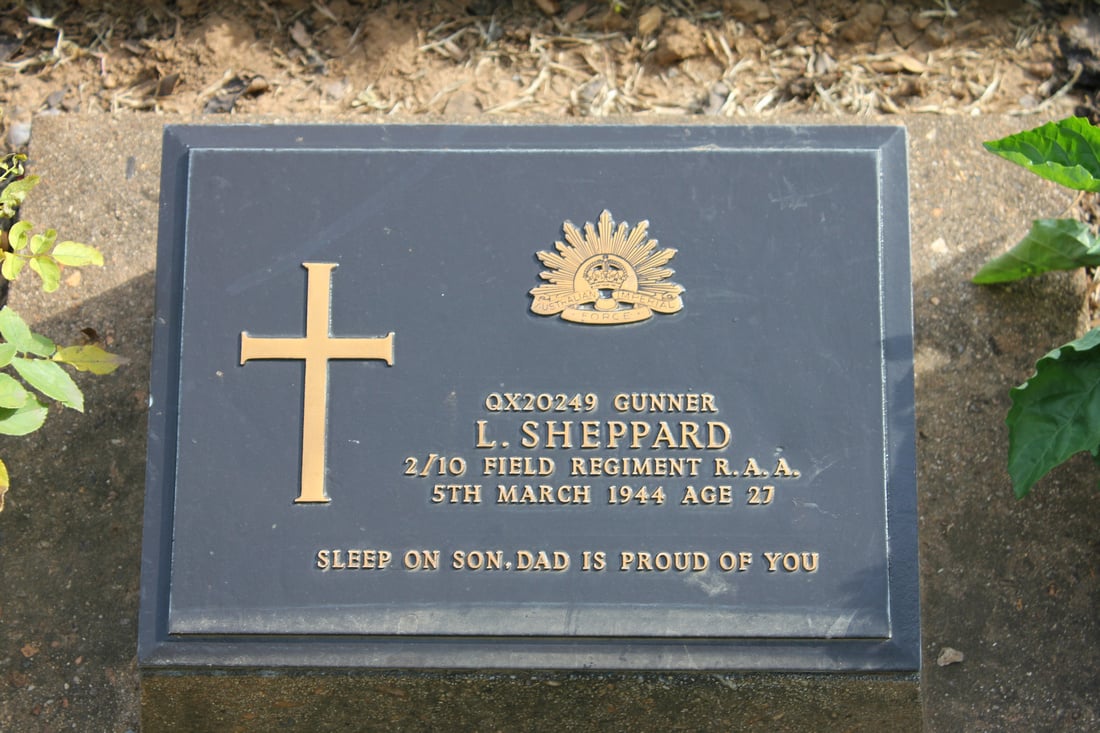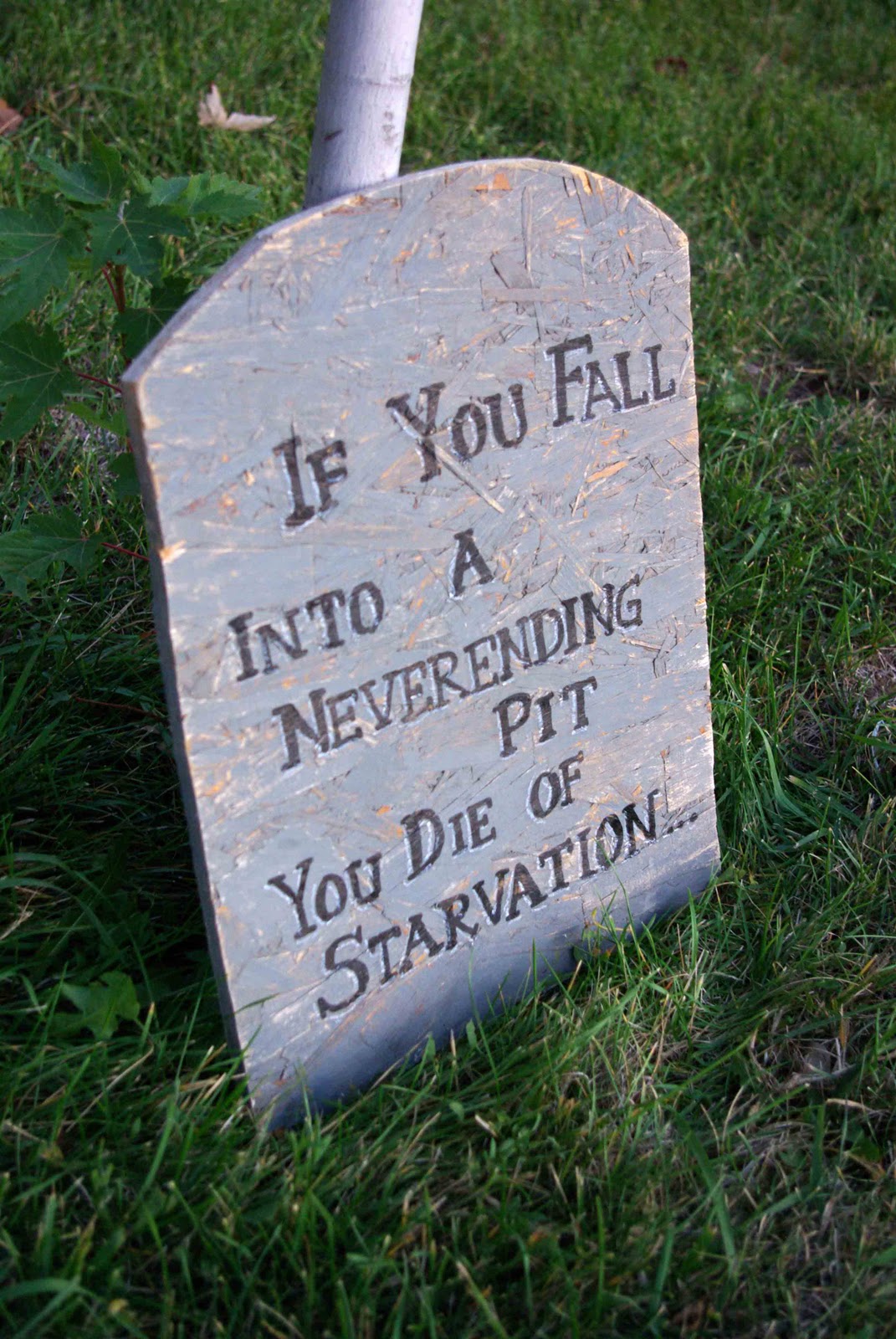Quotes on grave have become a powerful way to honor the memory of loved ones and leave a lasting legacy for future generations. These inscriptions often carry profound meaning, encapsulating the essence of a person's life, values, or beliefs. Grave quotes are more than just words etched in stone; they serve as timeless reminders of the lives lived and the impact left behind. Whether it's a favorite poem, a religious verse, or a personal message, these quotes reflect the individuality and spirit of the departed.
Choosing the right quote for a gravestone is both an emotional and thoughtful process. It requires careful consideration of the deceased's personality, accomplishments, and the message their loved ones wish to convey. These quotes can range from poetic lines to simple yet meaningful phrases, each carrying its own significance. This article delves into the art of selecting and understanding quotes on graves, offering insights into their history, cultural significance, and the importance of crafting meaningful epitaphs.
As we explore this topic, we will uncover the power of words in commemorating lives and preserving memories. By examining various examples, understanding the cultural and historical context, and learning how to choose appropriate quotes, we aim to provide a comprehensive guide for those seeking to honor their loved ones in a meaningful way. Join us as we journey through the world of quotes on grave and discover their enduring legacy.
Read also:How To Reach Mohela Customer Service Number A Complete Guide
Table of Contents
- The History of Quotes on Grave
- Types of Quotes on Grave
- Selecting the Perfect Quote
- Cultural Significance of Grave Quotes
- Sources of Inspiration for Grave Quotes
- Examples of Memorable Quotes on Grave
- The Process of Adding a Quote to a Grave
- Legal and Ethical Considerations
- Personalizing Your Loved One's Epitaph
- The Legacy of Quotes on Grave
The History of Quotes on Grave
Grave quotes have a rich history that dates back thousands of years. Ancient civilizations, such as the Egyptians and Greeks, inscribed messages on tombs to honor the deceased and guide them in the afterlife. These early epitaphs often included prayers, blessings, or warnings, serving both spiritual and commemorative purposes.
During the medieval period, religious texts and biblical verses became popular choices for grave quotes. As Christianity spread, epitaphs began to reflect faith and hope for eternal life. In the Renaissance, gravestones started featuring more personalized messages, allowing families to express their unique connections to the departed.
In modern times, the use of quotes on graves has evolved to encompass a wide range of expressions, from poetic lines to humorous anecdotes. This shift reflects changing societal values and the desire to celebrate individuality in death as well as life.
Evolution of Grave Quotes Over Time
- Ancient civilizations used grave quotes for spiritual guidance.
- Medieval Europe favored religious texts and biblical verses.
- The Renaissance introduced personalized messages and tributes.
- Today, grave quotes are diverse, reflecting individuality and personal preferences.
Types of Quotes on Grave
There are several types of quotes commonly found on graves, each serving a distinct purpose. Religious quotes, such as verses from the Bible, Quran, or other sacred texts, offer comfort and hope to those who believe in an afterlife. Poetic quotes, often taken from famous works or original compositions, add beauty and elegance to the inscription. Humorous quotes, while less traditional, can celebrate the lighter side of life and bring a smile to visitors.
Personal quotes, crafted by family members or friends, provide intimate glimpses into the life of the deceased. These can include favorite sayings, life philosophies, or cherished memories. Inspirational quotes, whether from famous figures or anonymous sources, encourage reflection and growth, reminding us of life's fleeting nature and the importance of living fully.
Common Categories of Grave Quotes
- Religious quotes for spiritual guidance and comfort.
- Poetic quotes for beauty and elegance.
- Humorous quotes to celebrate the lighter side of life.
- Personal quotes for intimate and meaningful tributes.
- Inspirational quotes for reflection and growth.
Selecting the Perfect Quote
Selecting the right quote for a gravestone involves careful thought and consideration. Begin by reflecting on the deceased's personality, values, and achievements. Consider what message you wish to convey about their life and legacy. Consult with family members and friends to gather ideas and ensure consensus on the chosen quote.
Read also:Names Of The Game Of Thrones Dragons A Complete Guide To The Mythical Creatures
When choosing a quote, keep in mind the space available on the gravestone and the font size used for engraving. Longer quotes may require smaller text, which could affect readability. It's also important to consider the cultural and religious context of the quote, ensuring it aligns with the deceased's beliefs and traditions.
Tips for Choosing a Meaningful Quote
- Reflect on the deceased's personality and values.
- Gather input from family members and friends.
- Consider the space and readability of the inscription.
- Ensure the quote aligns with cultural and religious beliefs.
- Choose a quote that resonates with the deceased's life story.
Cultural Significance of Grave Quotes
Grave quotes hold significant cultural importance, reflecting the values, traditions, and beliefs of different societies. In some cultures, gravestones serve as markers of social status and family lineage, with elaborate inscriptions showcasing wealth and prestige. In others, simplicity and humility are emphasized, with quotes focusing on the deceased's character and contributions to the community.
Cultural differences also influence the choice of language and content in grave quotes. For example, in some Asian cultures, Confucian teachings or ancestor worship may inform the selection of epitaphs, while in Western cultures, individualism and personal expression often take precedence. Understanding these cultural nuances can help ensure that grave quotes are both respectful and meaningful.
Cultural Variations in Grave Quotes
- In some cultures, gravestones emphasize social status and lineage.
- In others, simplicity and humility are prioritized.
- Language and content choices reflect cultural values and traditions.
- Cultural differences influence the style and tone of grave quotes.
- Respecting cultural contexts ensures meaningful and respectful inscriptions.
Sources of Inspiration for Grave Quotes
There are numerous sources of inspiration for grave quotes, ranging from classic literature to modern media. Famous poets like William Shakespeare, Emily Dickinson, and Robert Frost have provided timeless lines that resonate with many people. Religious texts, such as the Bible, Quran, and Torah, offer profound wisdom and comfort. Philosophical works and historical speeches can also serve as rich sources of inspiration.
For those seeking more contemporary options, popular songs, movies, and books may provide meaningful quotes. Personal journals, letters, and conversations with the deceased can also yield heartfelt and authentic tributes. Whatever the source, the chosen quote should reflect the deceased's unique journey and leave a lasting impression on those who visit their grave.
Where to Find Inspirational Grave Quotes
- Classic literature and poetry.
- Religious and philosophical texts.
- Historical speeches and documents.
- Modern songs, movies, and books.
- Personal journals, letters, and conversations.
Examples of Memorable Quotes on Grave
Throughout history, there have been many memorable quotes on graves that have left a lasting impact. One famous example is the epitaph of Sir Isaac Newton, which reads, "Mortals rejoice, a superior genius has descended from the heavens to grace our earth." Another notable inscription belongs to Mark Twain, who humorously requested, "I came in with Halley's Comet in 1835. It is coming again next year, and I expect to go out with it."
Other memorable quotes include the poignant words of Anne Frank, "How wonderful it is that nobody need wait a single moment before starting to improve the world," and the inspirational message of Martin Luther King Jr., "Free at last, free at last. Thank God Almighty, I'm free at last." These quotes not only honor the lives of their bearers but also inspire future generations to strive for greatness and goodness.
Notable Examples of Grave Quotes
- Sir Isaac Newton: "Mortals rejoice, a superior genius has descended from the heavens to grace our earth."
- Mark Twain: "I came in with Halley's Comet in 1835. It is coming again next year, and I expect to go out with it."
- Anne Frank: "How wonderful it is that nobody need wait a single moment before starting to improve the world."
- Martin Luther King Jr.: "Free at last, free at last. Thank God Almighty, I'm free at last."
The Process of Adding a Quote to a Grave
Adding a quote to a grave involves several steps, starting with the selection of the gravestone material and design. Popular choices include granite, marble, and bronze, each offering unique characteristics and durability. Once the material is chosen, the engraving process begins, using specialized tools and techniques to ensure precision and clarity.
It's essential to work with a reputable monument company or engraver to achieve the desired result. They can provide guidance on font styles, sizes, and layouts, as well as offer samples and mockups for approval. After the engraving is complete, the gravestone undergoes a final inspection to ensure quality and accuracy before being installed at the gravesite.
Steps in the Gravestone Engraving Process
- Select the gravestone material and design.
- Choose a reputable monument company or engraver.
- Discuss font styles, sizes, and layouts.
- Review samples and mockups for approval.
- Conduct a final inspection before installation.
Legal and Ethical Considerations
When adding a quote to a grave, it's important to be aware of legal and ethical considerations. Cemetery regulations may dictate the size, placement, and content of gravestone inscriptions. Some cemeteries require pre-approval of designs and quotes to ensure compliance with their guidelines. Additionally, copyright laws may apply to certain quotes, particularly those taken from modern works or proprietary materials.
Ethical considerations include respecting the wishes of the deceased and their family, as well as considering the feelings of others who may visit the gravesite. It's crucial to approach the process with sensitivity and respect, ensuring that the chosen quote honors the deceased in a way that aligns with their values and beliefs.
Key Legal and Ethical Considerations
- Check cemetery regulations for size, placement, and content restrictions.
- Seek pre-approval of designs and quotes if required.
- Be aware of copyright laws for modern or proprietary works.
- Respect the wishes of the deceased and their family.
- Consider the feelings of others who may visit the gravesite.
Personalizing Your Loved One's Epitaph
Personalizing a loved one's epitaph can create a truly unique and meaningful tribute. Incorporate elements that reflect their passions, hobbies, or accomplishments. For example, if the deceased was an avid gardener, consider using a floral-themed quote or design. If they were a musician, a musical phrase or instrument symbol could enhance the inscription.
Adding personal touches, such as nicknames or inside jokes, can make the epitaph feel more intimate and relatable. However, it's important to strike a balance between personalization and respect, ensuring that the final result honors the deceased in a dignified manner. Collaborating with family members and friends can help ensure that the epitaph reflects the true essence of the person being commemorated.
Ways to Personalize an Epitaph
- Incorporate hobbies, passions, or accomplishments.
- Use themed quotes or designs related to interests.
- Add personal touches like nicknames or inside jokes.
- Balance personalization with respect and dignity.
- Collaborate with family and friends for meaningful input.
The Legacy of Quotes on Grave


